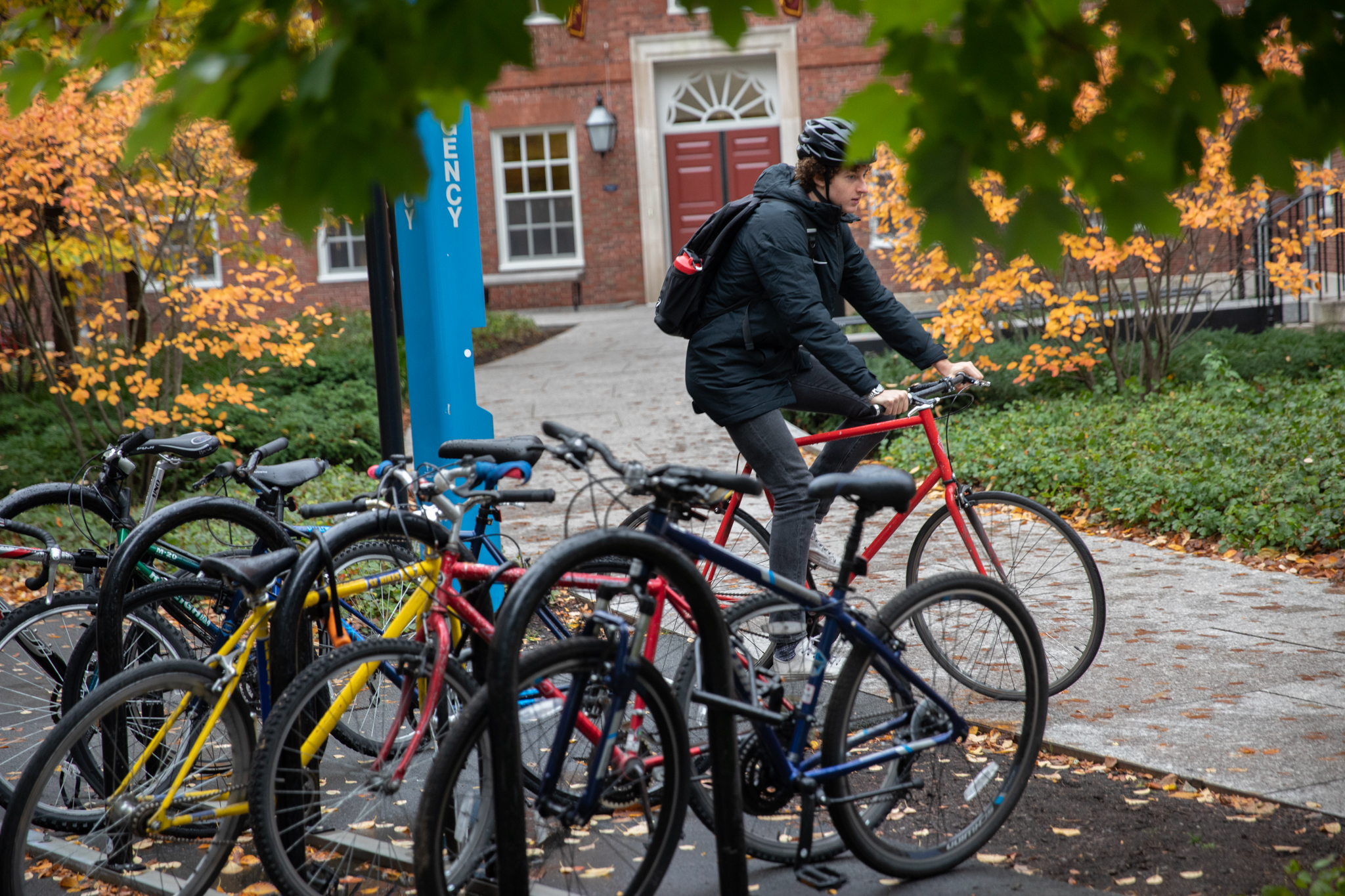Epidemiologists (and historians) have learned an enormous amount by studying past outbreaks of infectious disease. Histories of epidemics have been used to calibrate epidemiological models and to understand the ways in which societies will likely respond to future disease outbreaks. Over the past decade, researchers and government officials have become increasingly concerned about climate related threats to public health, including heat waves, droughts, forest fires, and other extreme weather events. Like epidemics, these all have historical precedents. It is possible to examine the history of past climate-health emergencies in search of both epidemiological and historical insight into the nature of these threats. I will demonstrate this approach with an analysis of the heat wave that produced the hottest day in Boston history, July 4, 1911.

